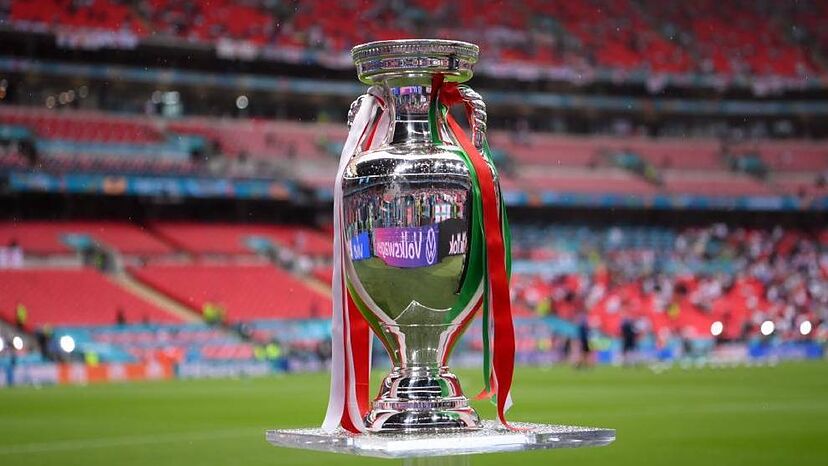Hosting the European Championships can have profound economic implications for cities and countries in world of sports.
Infrastructure Development
One of the immediate effects of preparing for the European Championships is the investment in infrastructure.
Stadiums, arenas, and training facilities undergo renovations or expansions to accommodate the influx of athletes and spectators. Additionally, improvements to transportation systems, hospitality services, and public spaces are undertaken to create a welcoming environment for visitors. These developments leave a lasting legacy, as many of the infrastructures built for the championships often continue to serve local communities long after the event concludes.
While this expenditure can be substantial, it often pays dividends in terms of increased tourism and local business growth. Cities that host the European Championships frequently see a spike in hotel bookings, restaurant reservations, and retail sales.
Tourism and International Exposure
The allure of the European Championships attracts tourists from around the world, eager to witness top-tier competition firsthand.
Countries that successfully host the championships in hb88 can leverage this opportunity to promote their culture, heritage, and hospitality. Successful marketing campaigns and tourist packages entice visitors to explore not only the venues but also the surrounding attractions, leading to a broader economic boost.

Furthermore, the exposure garnered through international media coverage cannot be underestimated. Countries showcased on global platforms may experience long-term increases in tourism as potential visitors become interested in exploring the regions highlighted during the championships.
Creating Job Opportunities
Organizing large-scale events like the European Championships necessitates a considerable workforce, resulting in job creation across various sectors.
Local labor markets benefit from hiring opportunities in event management, security, hospitality, transportation, and logistics. Many cities report positive employment trends in the aftermath of hosting the championships, as the skills developed during this period can lead to future job prospects.
Additionally, engaging volunteers plays a crucial role in creating a sense of community involvement and pride. Volunteers often gain invaluable experience and networking opportunities, contributing to personal and professional growth.
The Experience of Athletes at the European Championships
For athletes, the European Championships represent a culmination of years of hard work, dedication, and resilience.
Preparing for Peak Performance
Athletes approach the European Championships with meticulous preparation that encompasses both physical and mental aspects.
Training regimens are intensified as they aim to peak at the right moment. Coaches analyze performance metrics, adjust techniques, and implement specialized workouts tailored to each athlete’s strengths and weaknesses. Nutrition and recovery strategies become paramount, as the demands of competition necessitate optimal physical condition.
However, mental preparation is equally vital. Athletes often employ visualization techniques, mindfulness practices, or psychological coaching to build confidence and focus. The pressure of performing on such a grand stage can be daunting, and developing coping mechanisms helps athletes manage their nerves and stay composed.
The Emotional Rollercoaster of Competition
Competing in the European Championships is an emotional experience filled with highs and lows.
The thrill of stepping onto the field, court, or track can be exhilarating, yet it’s accompanied by anxiety and anticipation. The weight of representing one’s country adds an extra layer of complexity to the experience.
During the competition, athletes navigate intense moments—whether it’s the euphoria of setting a personal best or the heartbreak of falling short of expectations. The support of teammates, coaches, and fans plays a critical role in helping athletes process these emotions and maintain their perspective.
Building Friendships and Rivalries
Among the myriad of experiences athletes encounter, the European Championships foster both friendships and rivalries that transcend borders.
Competitors often form bonds with fellow athletes through shared experiences of training, competing, and overcoming challenges together. These connections enrich the competitive landscape, adding depth and meaning to the sport.
Rivalries also flourish in this environment, as athletes push each other to excel. Healthy competition can elevate performance levels, leading to remarkable displays of skill and determination. The narratives woven from these rivalries often become part of the championships’ lore, captivating fans and fueling interest in future competitions.